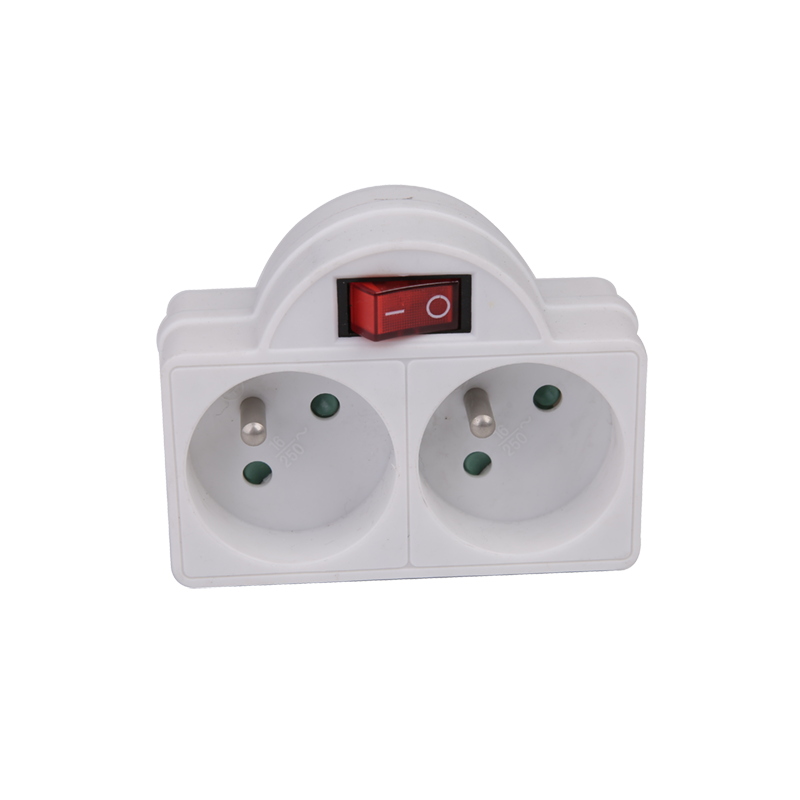Reliability test is a general term for various tests carried out to study failure and its impact results to improve the reliability of the test object or to evaluate its reliability. In a broad sense, any test carried out to understand, evaluate, assess, analyze and improve reliability can be called reliability test.
As long as there is a product, there is a reliability issue, as it runs through the entire process from product design to end-of-life. During this process, the product will go through the design phase, the production phase, and the use and maintenance phase, and in each phase, various reliability problems will arise.
In the power adapter design stage, it is necessary to know whether the designed power adapter meets the reliability requirements of the design. In the production stage, to know whether the power adapter has met the design requirements, it is necessary to carry out the reliability test of the power adapter, such as various quality control tests. After the power adapter is produced, it is also necessary to perform various tests and various environmental and life evaluation tests on the finished product in order to identify the reliability level of the product.

In the use and maintenance stage, due to the wide range of products used, the manufacturer can only conduct some typical simulation tests according to the product specifications to check the basic performance of the product, and it is impossible to carry out all the possible occurrences. Test assessment of environmental conditions. At the same time, in the field test, the product is subjected to comprehensive stress, so field use test is often required to understand the actual reliability level of the product.
The reliability test of the power adapter is to achieve the following purposes:
1. In the development stage, it is used to expose the defects of all aspects of the trial product, evaluate the reliability of the product reaching the predetermined index, and ensure the reliability of the shipped product.
2. Evaluate new materials, new products, new processes and new designs, and study new test methods.
3. The production stage provides information for monitoring the production process, exposes the uncertain factors in the use process, and studies the measures for the occurrence of prepaid failures;
4. Expose and analyze the failure laws and related failure modes and failure mechanisms of products under different environmental and stress conditions;
5. Carry out reliability appraisal or acceptance of finalized products, and study the failure distribution law of products;
6. In order to improve the reliability of switching power adapter products, formulate and improve the reliability test plan, provide a basis for users to select products, and provide a basis for limited reliability management.

 English
English 简体中文
简体中文 English
English









